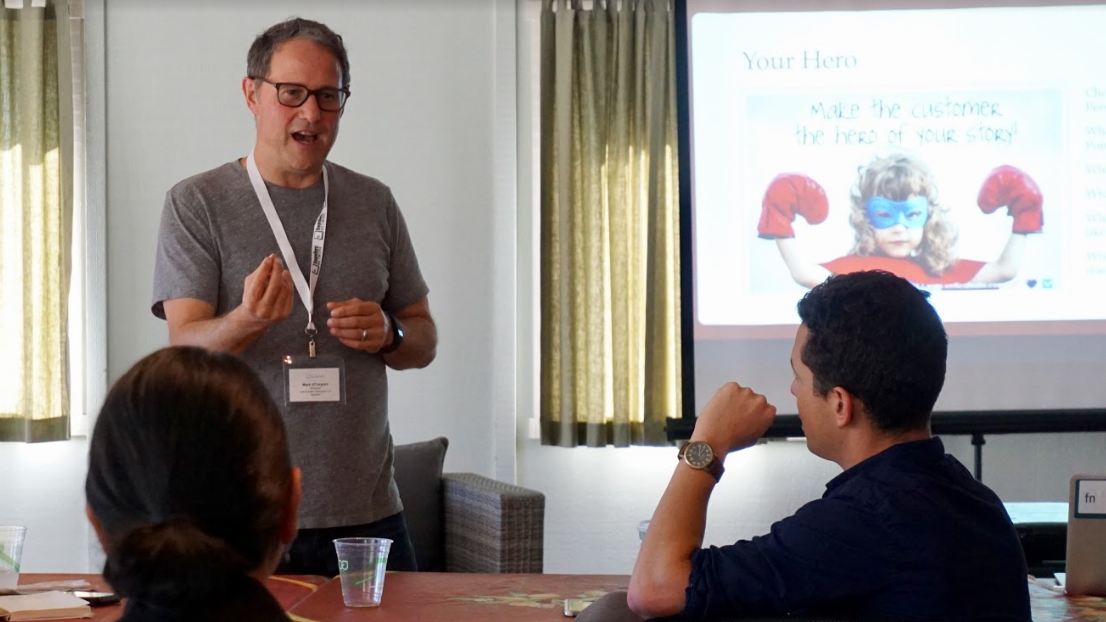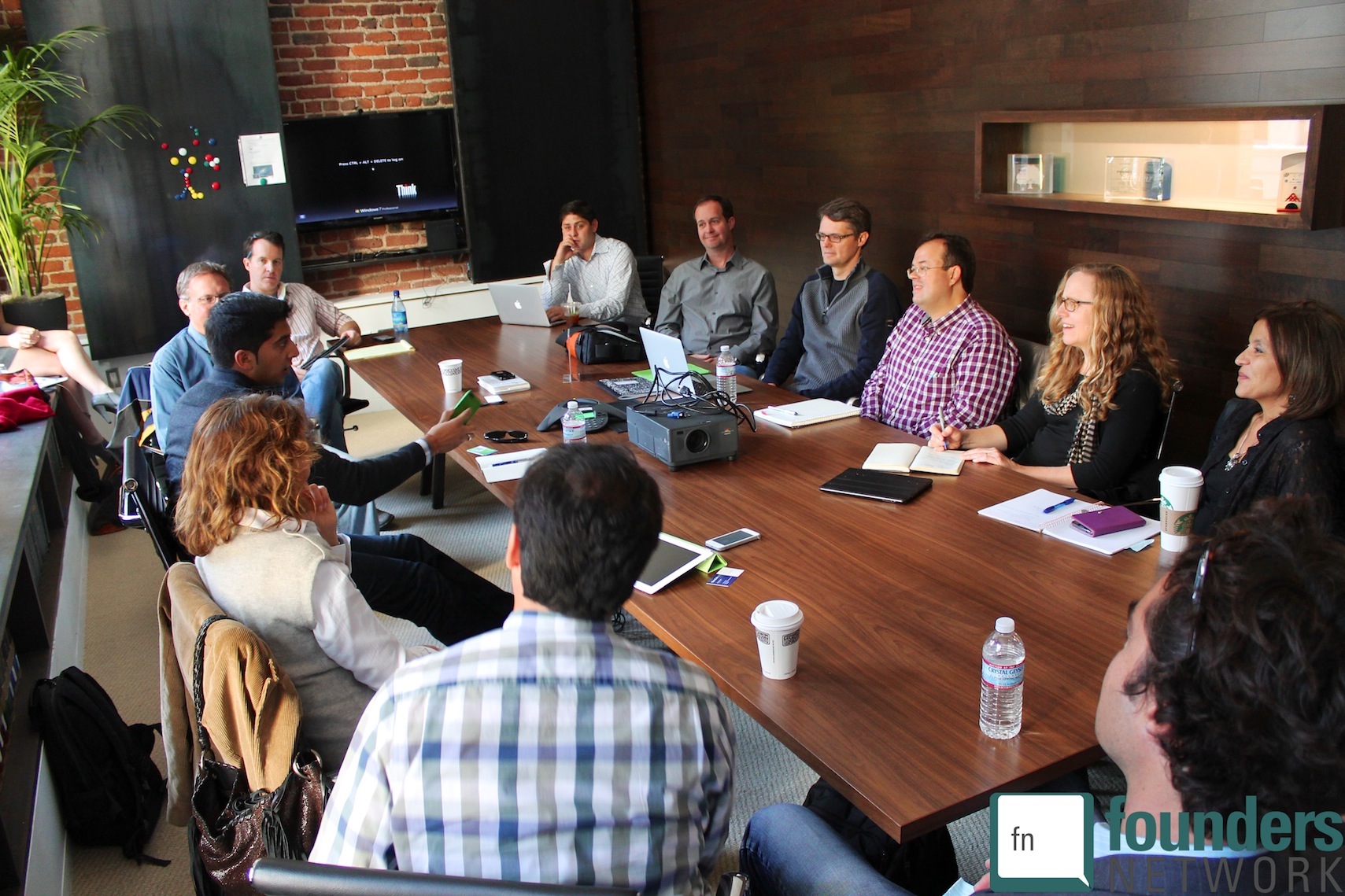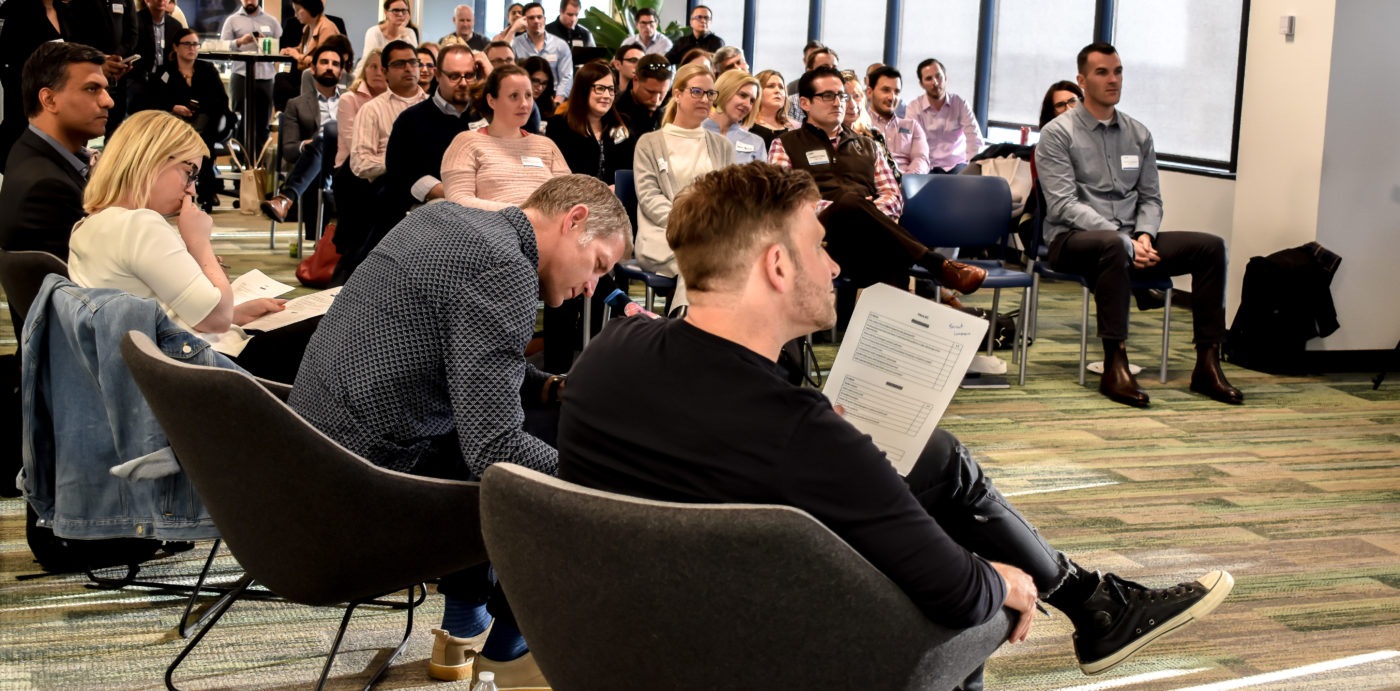
This article is part of the fnSummit Speaker Series. Every October, Founders Network members meet in Napa Valley for 3 days and 2 nights of programming, real fireside chats, break-out discussions, panels, wine tasting, hiking, swimming, and yoga. Founders Network sat down with each speaker contributing to fnSummit to discuss this year’s theme— growth. Learn more about fnSummit.
Mark diTargiani is the Head Coach at Satori Sales Strategies. Mark helps salespeople grow their results by growing themselves. Mark coaches sales leaders to be more conscious, aware, and motivated in their coaching with their direct reports. Using expertise used in over 7000 companies across the US from the Cargill Consulting Group, Satori implements a repeatable and scalable sales process and manages clients’ salespeople to the process.
Q: Let’s start big then go small. How large of a sales org have you scaled? What were the main pain points of managing that team, and how did you overcome those obstacles?
Mark: I helped scale TriNet from 50 salespeople to over 400, and they went from private company up through and beyond IPO. I was deeply involved with changing the sales culture from private to public.
The main pain-point was changing the culture. It meant changing the environment from a lone wolf, wild west type deal, to a culture of accountability. When you have allowed salespeople to prospect on their own, have meetings on their own, and have their own idea of what qualifies as a pipeline, you have to consciously change from a variety of systems developed by individual reps into a system that works for all of the reps.
We lost some good salespeople along the way who did not want to make the change. That’s a sad part of that process, but like any team that’s evolving and changing, you’re going to lose some folks along the way. We had to tighten the reigns for the betterment of the company. You can’t get to where you want to go by doing what you already did.
To manage that drastic change curve, it took a lot of communication, and 1:1 meetings with reps. It worked because of those individual conversations, being able to enroll my top reps and getting them on board with the process. The key was communication. The folks that were able to do that well, kept their team members. When you’re looking at organizational change, it’s communicated individually. It’s those 1:1 conversations where the change really happens.
Organizational change is communicated individually. 1:1 are conversations where change really happens. @diTar
Q: You’ve branched off from Executive Director of Sales and have started your own sales consulting agency. You are now Head Coach at Satori Sales Strategies. Any founder can identify with the need to “start fresh”, why did you decide to ‘build your own thing’?
Mark: The voice inside to do it kept getting louder and louder. It was time to listen. I have done two things in my adult life: I’ve been a top performing sales guy and sales manager, and I’ve also been a high school English teacher who coached football, basketball and lacrosse. I have always been struck by the similarities between the two professions, so I’ve always thought the experiences I’ve had at each of these professions would blend together into my own company with a variety of ways of helping salespeople and sales organizations. I’ve now brought my two passions together into one bigger passion.
I’ve now brought my two passions together into one bigger passion. @diTar
Q: Let’s go a little bit smaller. How can founders who are just starting out fine tune their sales strategy?
Mark: The first 3 things a founder needs to identify when selling something are; Who are we, what makes us different, and what’s our story? The story comes from who we are and what makes us different. People buy through emotion and stories are what helps to create emotion. It’s easy to talk about features. What’s tough is getting back to that heart and that relational aspect of the sale. Stories are one of the things that make us human, and last I checked humans are still buying from humans.
It’s also important to identify who the human you will be selling to is. By identifying that person, that ideal client, you can adjust your story to be relevant in their world and that increases the impact of that story, and the likelihood of doing business with that person.
People don’t care what you know until they know who you are. At the early stages, identify your culture, what you stand for, what you believe, and what makes our company and our product unique. Then come up with the story that the sales folks are going to take out there and tell to your prospects.
When selling, founders need to identify; who are we, what makes us different, and what’s our story? @diTar
Q: Now you’re starting off fresh. How do you incorporate what you learned at a large company into your tiny internal structure?
Mark: Taking that big company experience into my own company is the importance of metrics. There’s the relational sales side; who I am, what makes me different, my story. One of the things I learned transitioning a large sales force was that metrics matter. It’s very important to know what metrics make a difference to my company to make sure I’m meeting my own goals. Knowing the metrics that matter helps keep me focused on the job at hand and keep me focused for what’s to come down the road. It gives me a feedback loop on myself. Identifying what metrics matter to your business, how to measure them, and how to hold people accountable for them is the foundation for a strong sales process. Hire great storytelling salespeople on top of that, and you will be on your way to a strong sales culture.
One of the things I learned transitioning a large sales force was that metrics matter. @diTar
At fnSummit 2016, founders who attended Mark’s workshop walked away with actionable methods to tune their “sell story” to their ideal client base. Gain access to Founders Network for daily insights on scaling your startup.




